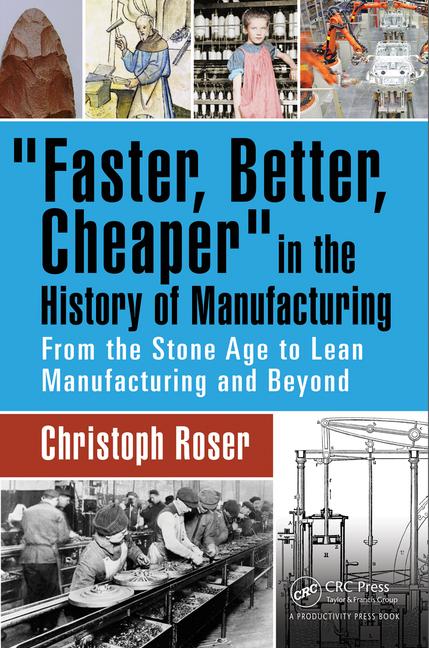MARSHALL, MI—Ford Motor Co. plans to build a $3.5 million factory here to mass-produce lithium-iron-phosphate (LFP) batteries. BlueOval Battery Park Michigan is expected to ramp up production in 2026.
As part of the automaker’s plan to offer a new battery chemistry and source in key regions where it produces electric vehicles, Ford has reached a new agreement with Contemporary Amperex Technology Co. (CATL), the world’s leading EV battery manufacturer. Ford’s wholly owned subsidiary will manufacture battery cells using LFP production knowledge and services provided by CATL.
“We are committed to leading the electric vehicle revolution in America, and that means investing in the technology and jobs that will keep us on the cutting edge of this global transformation in our industry,” says Bill Ford, executive chairman of Ford Motor Co. “I am also proud that we chose our home state of Michigan for this critical battery production hub.”
According to Ford, diversifying and localizing its battery supply chain in the countries where it builds EVs will improve availability and affordability for customers, while strengthening consumer demand. The automaker is working to deliver an annual production rate of 600,000 EVs globally by the end of this year and 2 million globally by the end of 2026 as part of its Ford+ plan.
Offering LFP as a second battery chemistry, in addition to nickel cobalt manganese (NCM), will enable Ford customers to choose an EV with unique battery performance characteristics most aligned with their needs.
“[Our] electric vehicle lineup has generated huge demand,” claims Jim Farley, president and CEO of Ford Motor Co. “To get as many EVs to customers as possible, we’re the first automaker to commit to build both NCM and LFP batteries in the United States.
“LFP batteries are very durable and tolerate more frequent and faster charging, while using fewer high-demand, high-cost materials,” explains Farley. “This lower-cost battery, at scale, will help [us] contain or even further reduce EV prices for customers. These LFP batteries will power a variety of affordable, next-generation passenger vehicles and trucks under development, most of which will be assembled in the U.S.”








